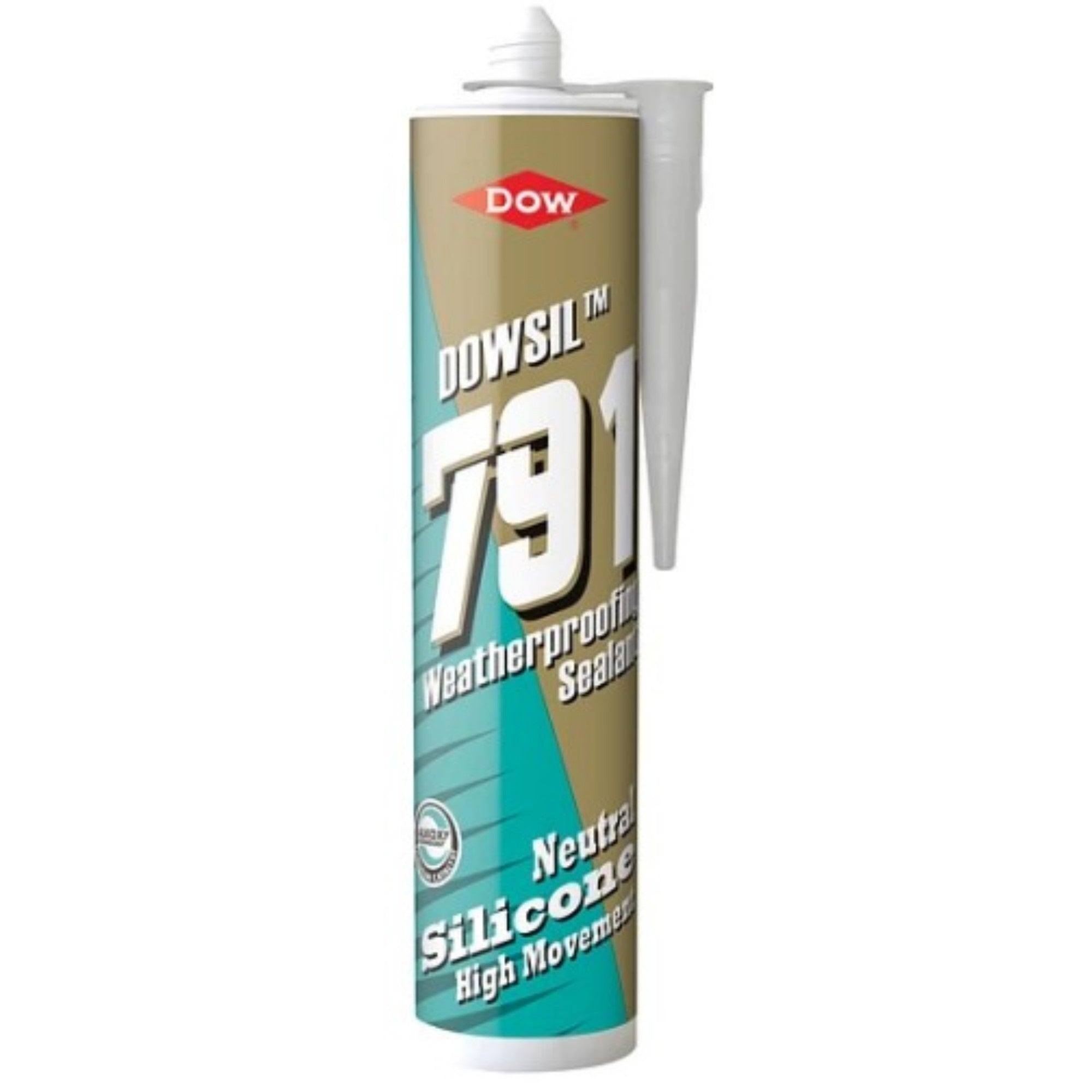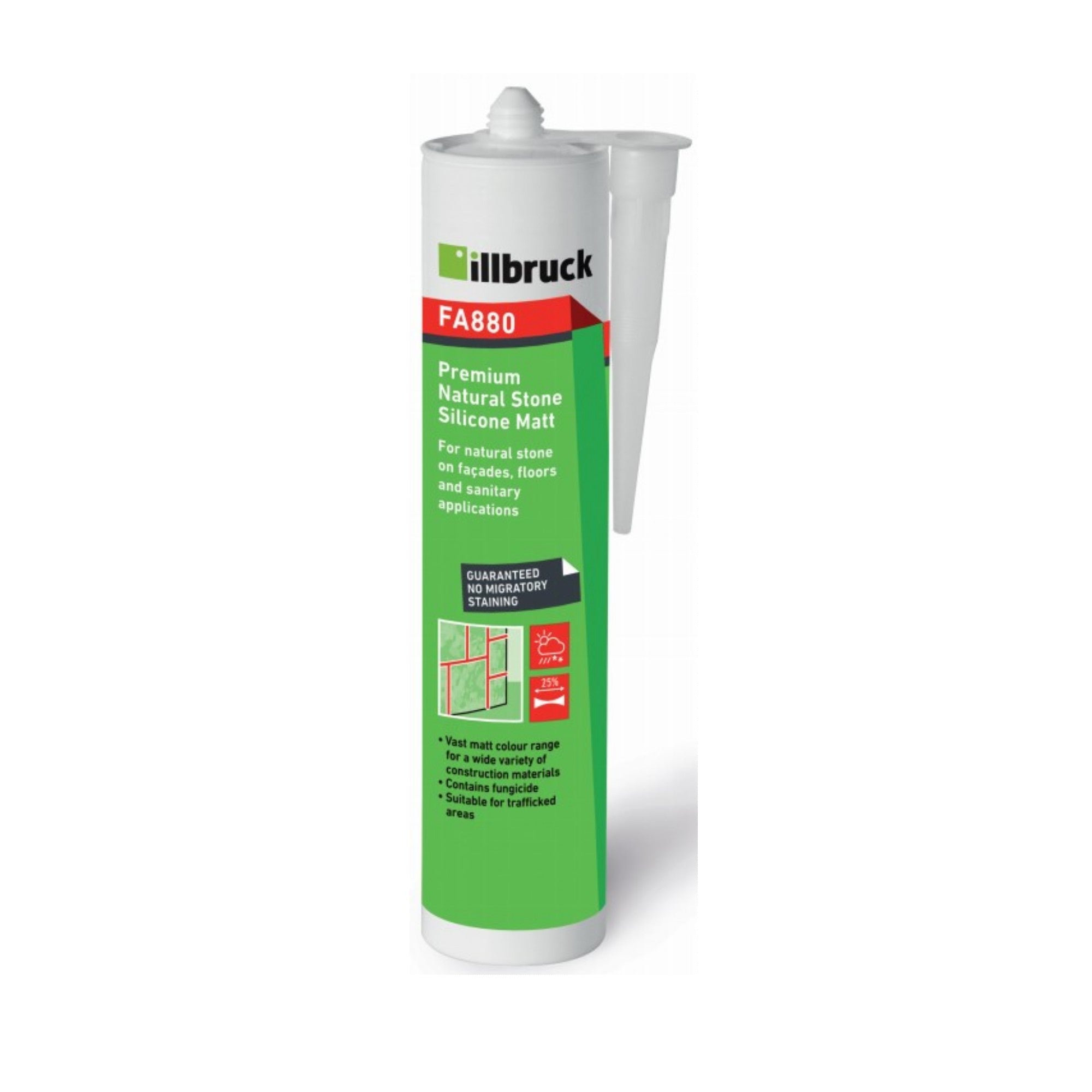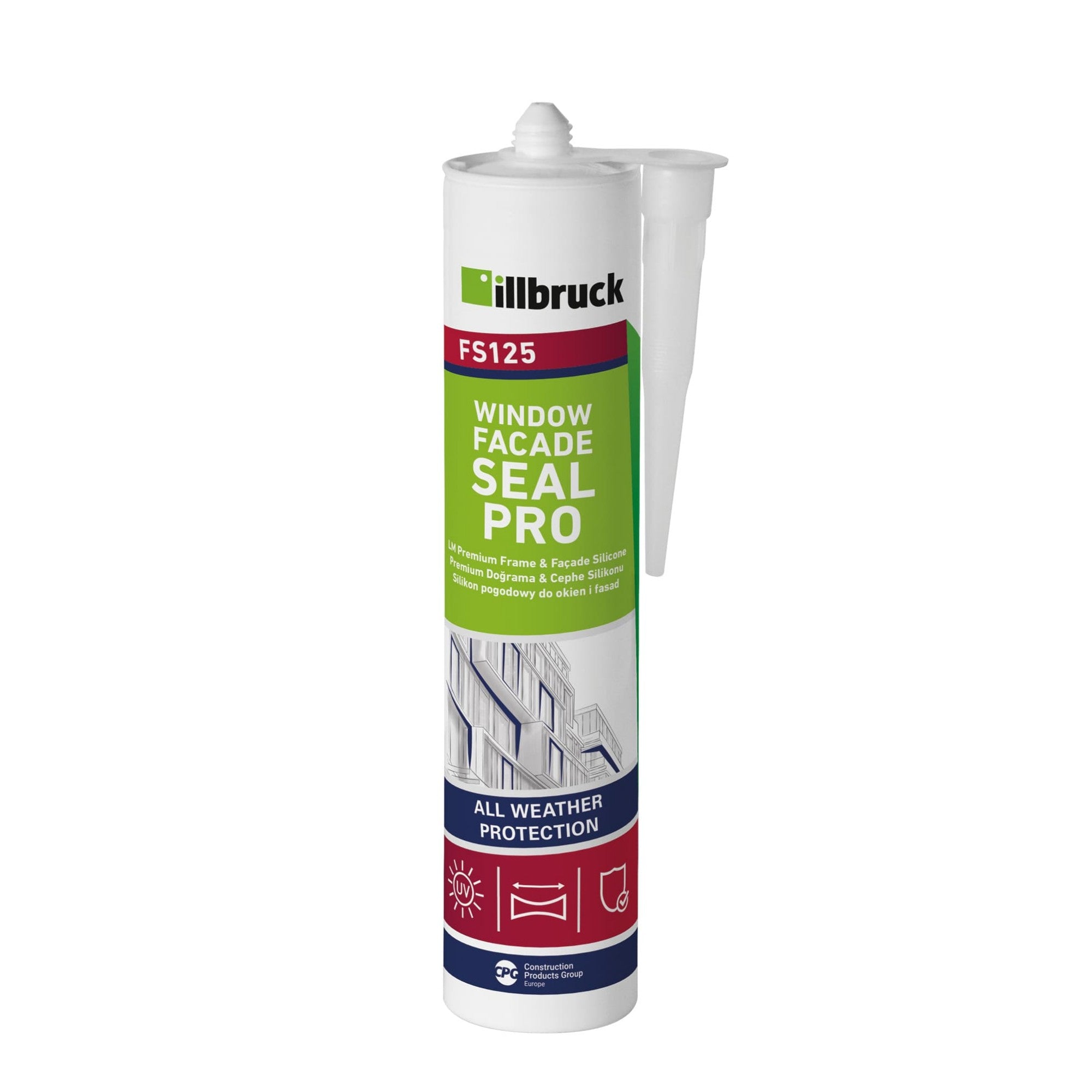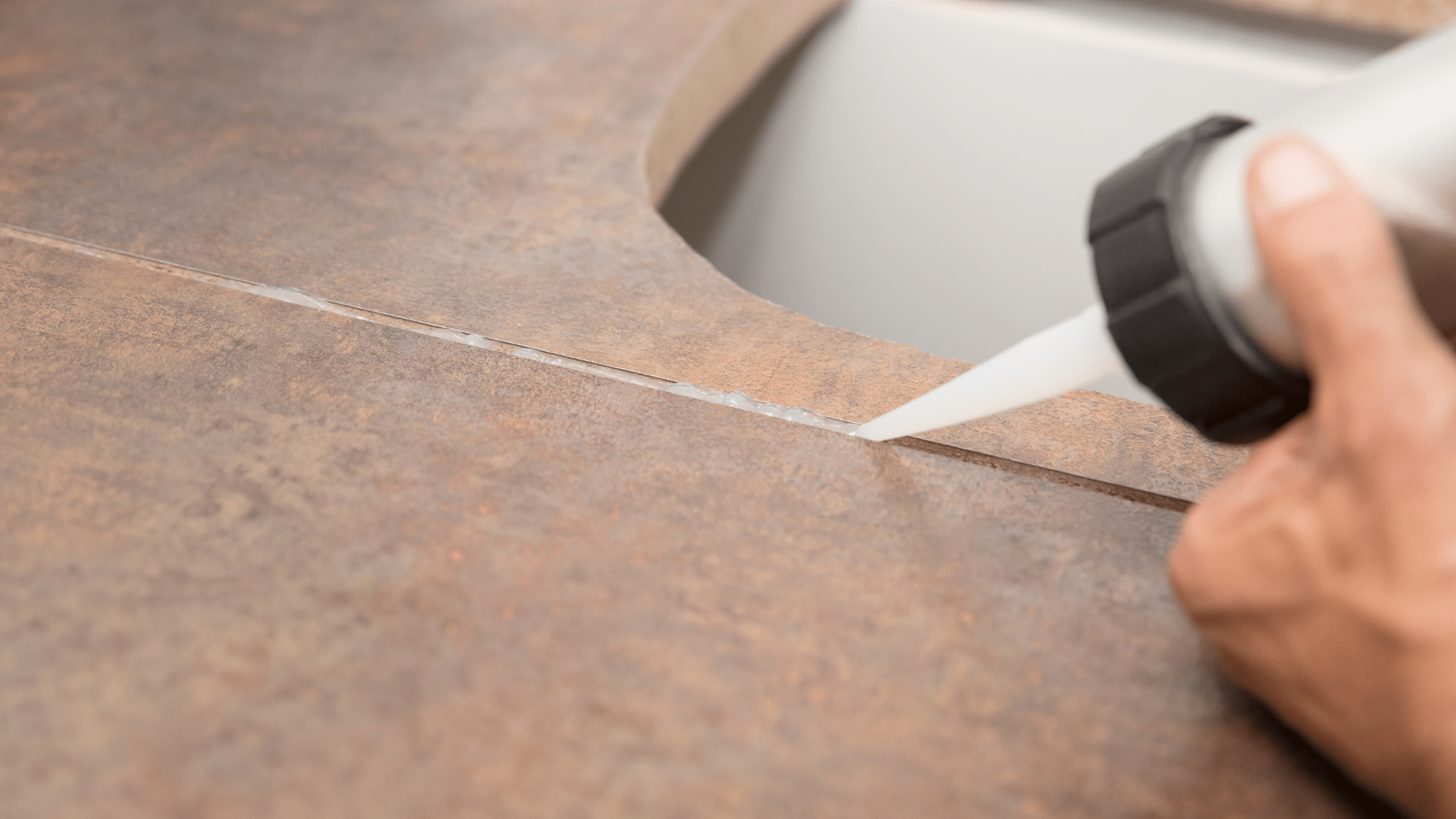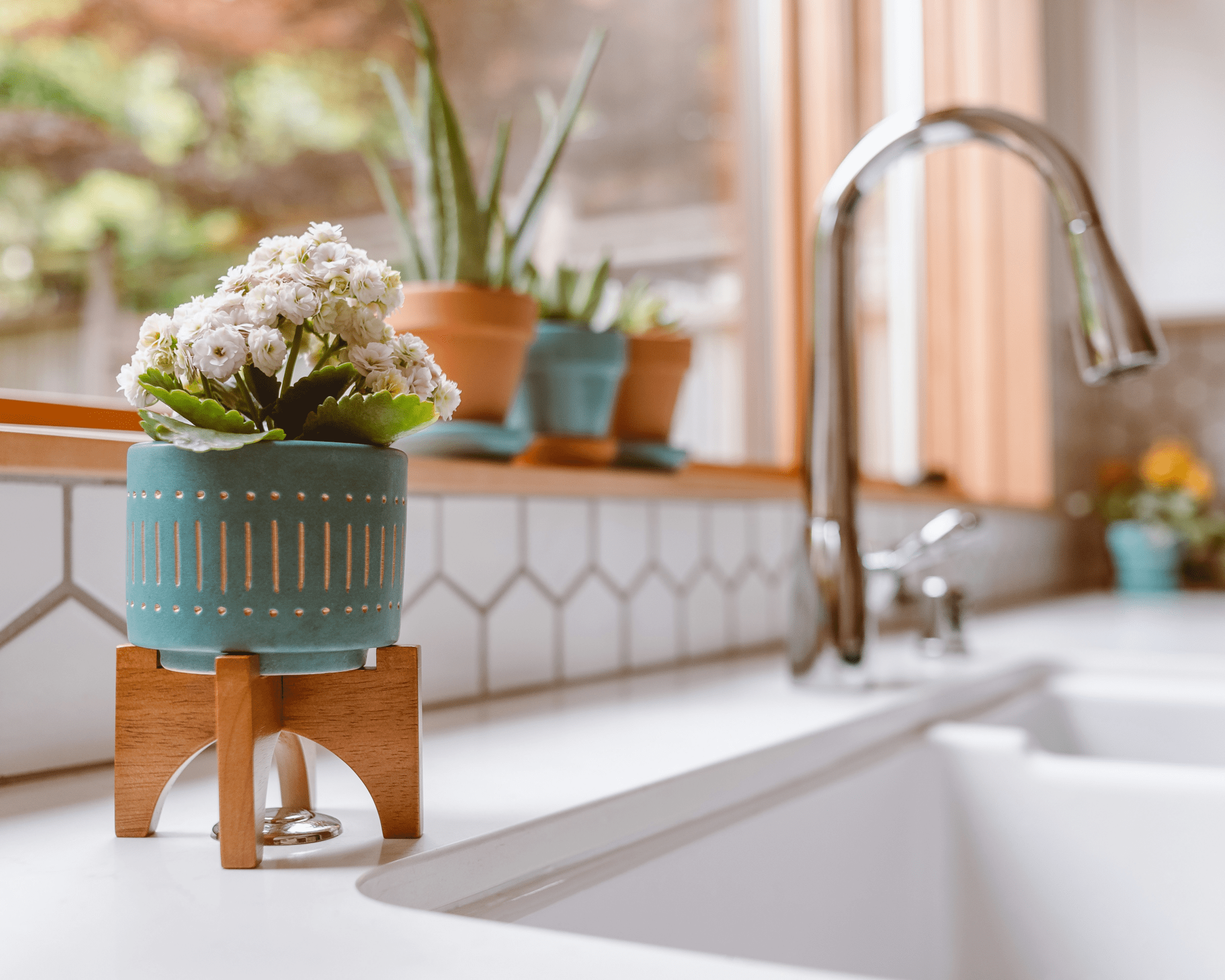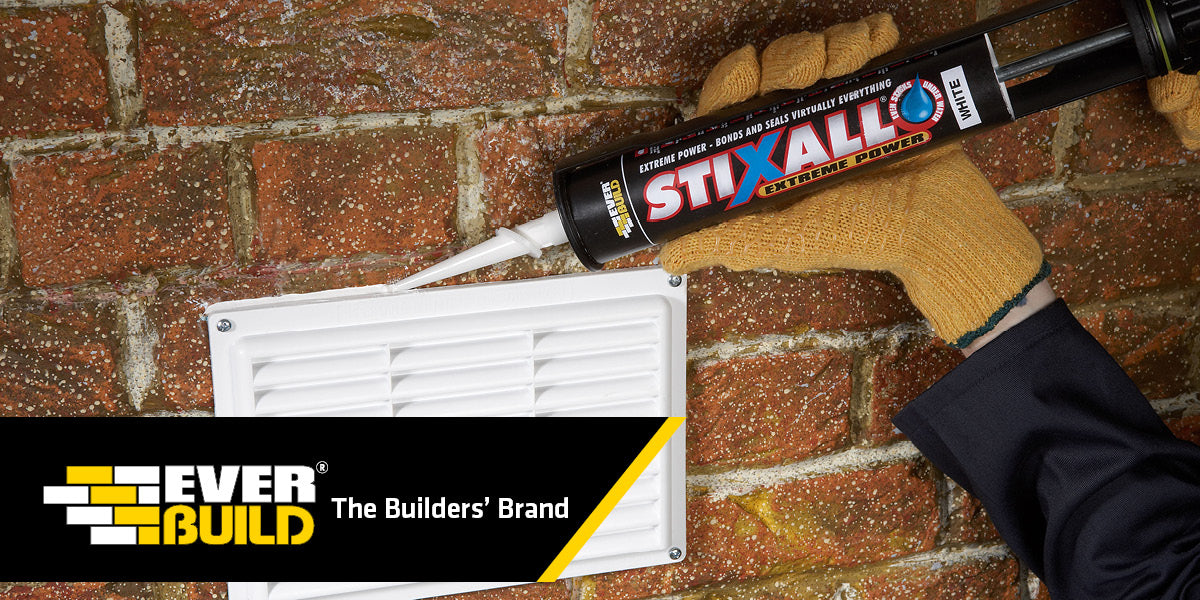Natural stone surfaces like marble, granite, and limestone exude timeless elegance and charm. From kitchen countertops to bathroom vanities, these materials add a touch of sophistication to any space. However, when it comes to installing or repairing natural stone, it's crucial to choose the right products and techniques to ensure longevity and beauty.
One common question that arises in the realm of natural stone care is whether silicone can be safely used on these surfaces. Silicone sealants are popular for their versatility and water-resistant properties, making them a go-to choice for various sealing and bonding applications. But are they suitable for use on natural stone? Let's delve deeper into this topic.
Understanding Natural Stone
Before we explore the compatibility of silicone with natural stone, it's essential to understand the characteristics of these surfaces. Natural stone is porous, meaning it contains tiny openings or pores that can absorb liquids and moisture. This porosity makes natural stone susceptible to staining, etching, and other forms of damage if not properly sealed and maintained.
The Role of Silicone
Silicone sealants are commonly used to seal joints, seams, and gaps in a variety of applications, including construction, plumbing, and home improvement projects. They offer excellent adhesion to a wide range of materials and provide a flexible, watertight seal that helps prevent leaks and moisture intrusion.
Using Silicone on Natural Stone
When it comes to using silicone on natural stone, the key consideration is selecting a high-quality, non-staining silicone specifically formulated for use on porous surfaces. Neutral-cure silicones are less likely to cause discolouration or damage to natural stone compared to acetoxy-cure silicones, which release acidic by-products during curing.
Before applying natural stone silicone sealant, it's essential to clean the surface thoroughly to remove any dirt, dust, or debris. Additionally, ensure that the stone is completely dry before applying the sealant to achieve optimal adhesion and performance.
Benefits of Silicone Sealants
When used correctly, silicone sealants offer several benefits for natural stone applications:
Water Resistance: Silicone forms a durable, waterproof barrier that helps protect natural stone surfaces from water damage, including staining and deterioration.
Flexibility: Silicone sealants remain flexible once cured, allowing them to accommodate movement and expansion without cracking or splitting, which is particularly beneficial in environments prone to temperature fluctuations.
Mildew Resistance: Many silicone sealants are formulated with additives that inhibit the growth of mould and mildew, making them ideal for use in damp or humid areas like bathrooms and kitchens.
Longevity: High-quality silicone sealants can provide long-lasting protection for natural stone surfaces, reducing the need for frequent resealing and maintenance.
Silicone can be safely used on natural stone surfaces when the right product and application techniques are employed. By choosing a neutral-cure silicone specifically designed for porous materials and following proper cleaning and preparation procedures, you can effectively seal joints and seams in natural stone installations without compromising their beauty or integrity. So, the next time you're working with natural stone, consider silicone as a reliable sealing solution to enhance its performance and longevity.
Order yours online today and make sure your property stays protected as you complete your DIY jobs.

